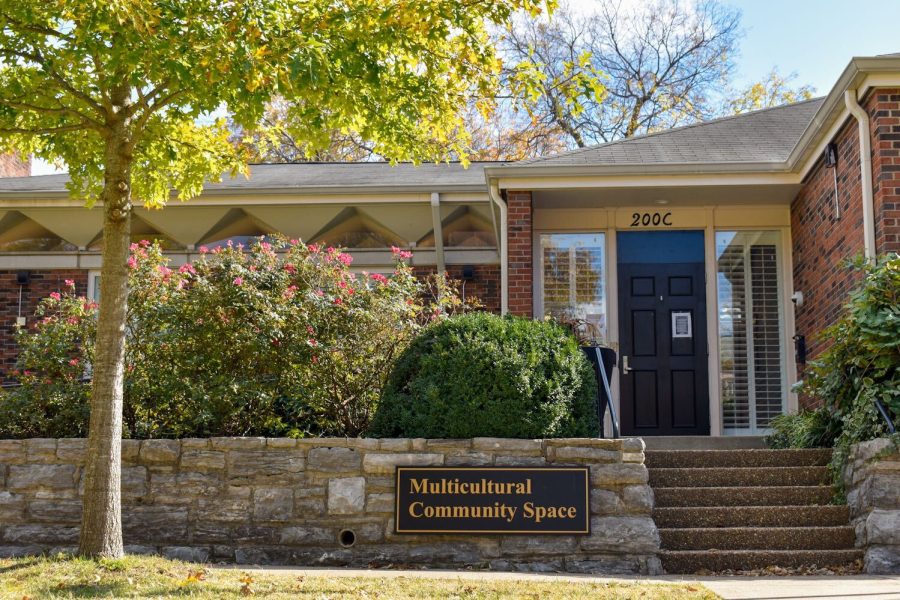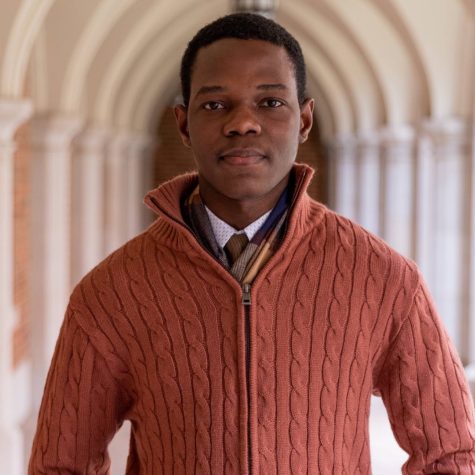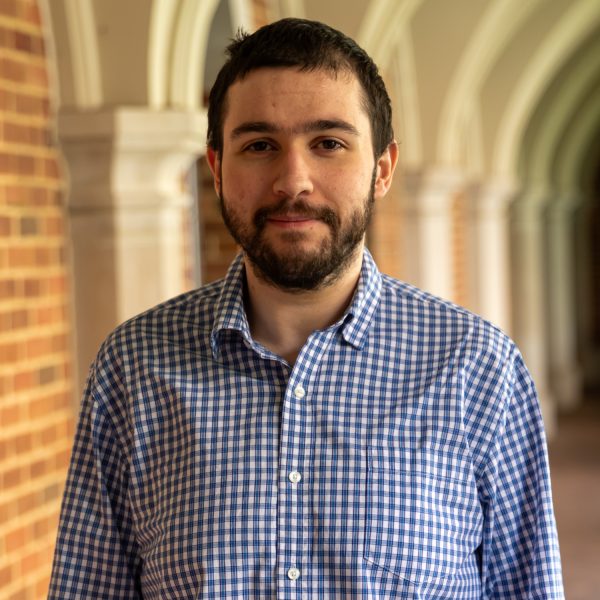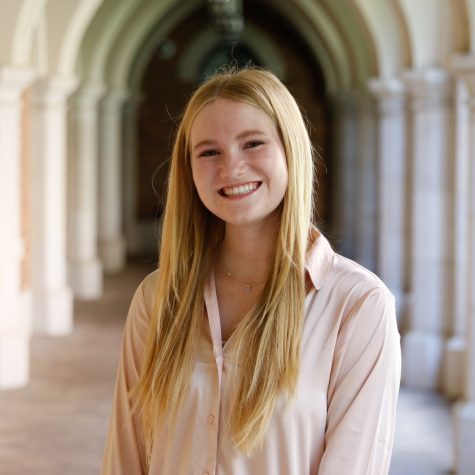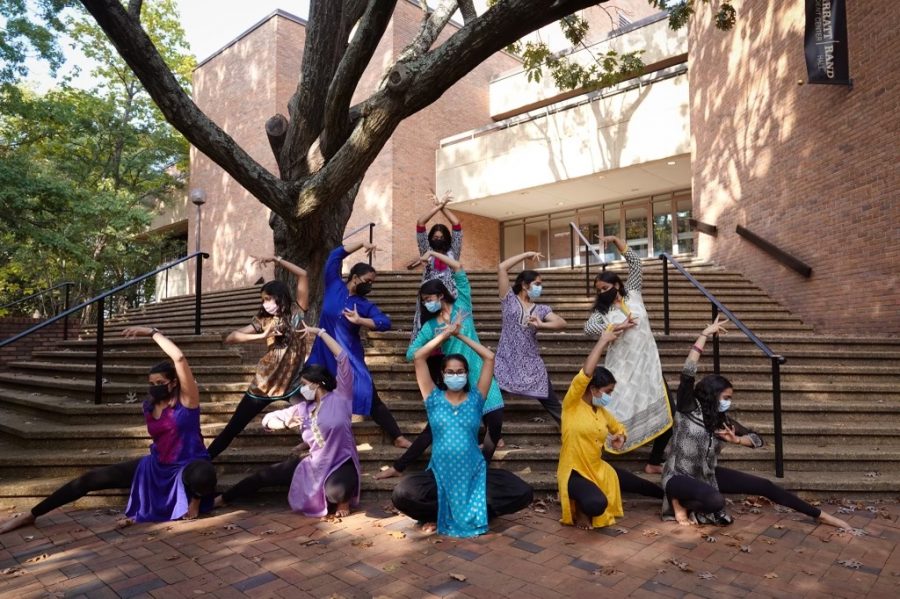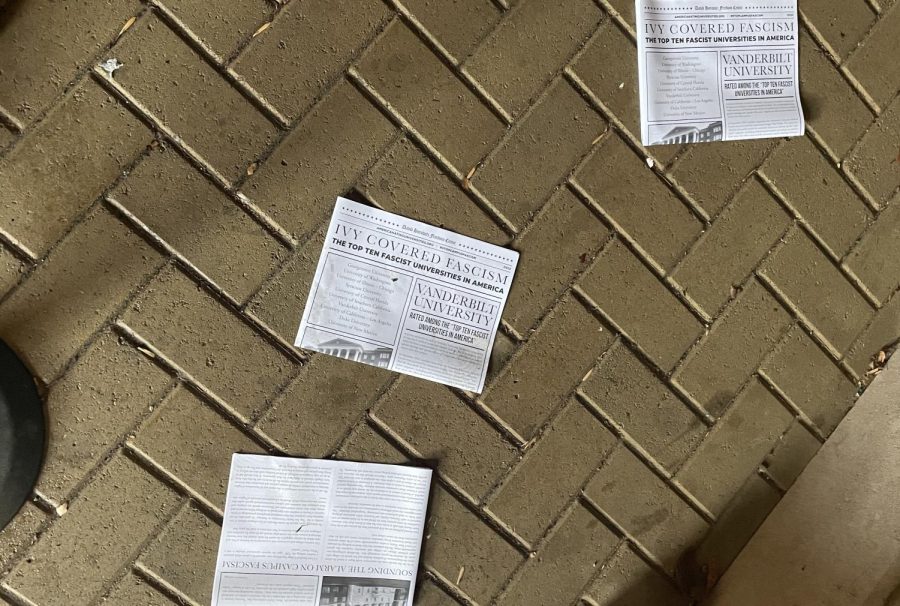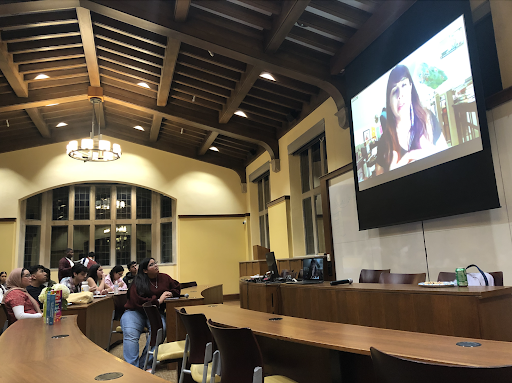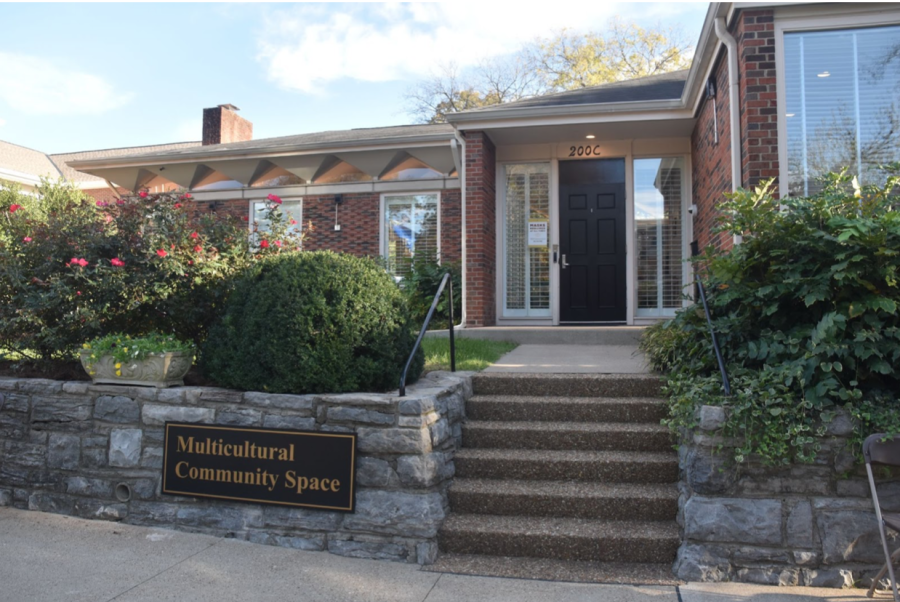CORRECTION: This piece was corrected on Nov. 12 at 1 p.m. CST. The removal of the name “The Diwali Showcase” from TDS occurred in March 2020, not after the 2020-21 academic year. Furthermore, Diwali is not North Indian and is celebrated by multiple South Asian populations. SACE is an affiliate of the SCSJI; therefore, it cannot partner with the SCSJI, as previously printed, because it is part of it. Lohitha Basa is the SACE vice president and TDS co-chair, not the SACE special events co-chair.
UPDATE: This piece was updated on Nov. 12 at 1 p.m. CST to include information from Ananya Sagar, SACE special events co-chair, about the name change of TDS and other SACE initiatives.
The South Asian Cultural Exchange recently changed the name of its annual cultural showcase to “The Dances of South Asia.” The showcase was referred to as “The Diwali Showcase” from its inception until March 2020, after which it was known as “TDS” until now.
The name change comes after receiving community feedback, according to a form sent out by SACE regarding the change. Junior Ananya Sagar, SACE special events co-chair, added that this decision was a “proactive” move toward inclusivity within the organization and among the SACE executive board.
The showcase is one of SACE’s signature events and features a variety of dance styles and art forms. Among this year’s acts are Fusion, Classical, Raas, Pakistani hip-hop, Nepali and Bengali pop-folk. Any interested member of the Vanderbilt community, regardless of culture or dance background, is allowed to participate in TDS. The theme for the 2022-23 showcase, which is taking place on Nov. 12, is “Mean Girls.” It will feature a guest appearance from Mean Girls actor Rajiv Surendra. Junior and SACE President Vivek Kumar added that three new dances—Bengali pop-folk, Kuthu and Bolly-Kathak—as well as a TDS fashion show are debuting this year.
“The fashion show is going to be a great opportunity to get a better idea of what the clothing and culture look like of all these different South Asian countries,” Kumar said. “TDS is an opportunity to showcase the music and dance and how important that is to South Asian culture.”
Behind the change
Criticism of the previous title “The Diwali Showcase” arose in relation to SACE’s reported prioritization of South Asian people and cultures who celebrate Diwali. According to junior and SACE Outreach Co-chair Gayatri Aluri, SACE began the process of “secularizing” TDS during the 2020-21 school year. All promotions and advertising have since omitted the word Diwali in favor of the standalone acronym TDS.
“We still promoted the show as TDS, but the acronym had no official meaning, continuing to operate as TDS while not ‘The Diwali Showcase,’” Aluri said. “Over two iterations of TDS, we have considered different names but only officially renamed [it] ‘The Dances of South Asia.’”
In August 2022, SACE Vice Presidents and TDS Co-Chairs Riya Chinni and Lohitha Basa, both juniors, distributed a feedback form to SACE members to allow them to propose and vote on a new name. Chinni added that, though SACE changed the name of the showcase, the acronym was intentionally kept the same.
“We wanted to honor the original acronym TDS since it’s been known that way as long as it’s been running,” Chinni said.
Chinni said the rebranding was an effort to increase inclusivity. Kumar similarly explained that the reason behind the name change was to continue fostering novelty, diversity, inclusion and maximization of representation across the South Asian diaspora on campus.
“This year we wanted to rename and rebrand our showcase,” Chinni said. “We thought The Dances of South Asia is a much more inclusive name for our showcase that encompasses all the different cultures and countries of South Asia.”
In Spring 2022, SACE hosted multiple events with the same intention of bringing attention to a wider range of cultural celebrations. These events included “Community and Comfort” and “Restorative Circle” events on April 27 and 28, as well as an Eid Al-Fitr celebration on May 3. Sagar stated that SACE hosts numerous other culturally inclusive events and support opportunities via outreach and advocacy efforts. She specifically highlighted SACEx, a semester-long discussion group about caste unlearning, SACE Speaks events, South Asia Week and a VandyCooks event that will feature traditional Mughal food.
“We have three advocacy and outreach positions dedicated to creating programming and spaces for inclusivity and diversity celebration,” Sagar said in a message to The Hustler. “Outreach works with the South Asian Studies department and its professors to invite guests from caste-oppressed communities and other marginalized South Asian groups to educate and empower our community.”
Junior and SACE Outreach Co-chair Min Kalasikam praised the change for its inclusivity.
“I don’t think it has the same ring as it used to, but it’s a good first step,” Kalasikam said in a message to The Hustler.
Vanderbilt community feedback
According to junior Nikkie Dutta, there is a general consensus among SACE general body members that the name change is a step in the right direction.
“TDS has moved from being a Diwali Celebration to a celebration of the diversity that exists in the South Asian Diaspora, and I’m looking forward to seeing TDS grow even further in the coming years,” Dutta said in a message to The Hustler.
Sophomore Suhaah Nadir similarly said the change was positive but added that there is room for improvement with other events, like Eid celebrations.
“I think it’s very commendable that they have stepped up to rename TDS because I always did wonder why celebrations such as Eid were never as big on campus as Diwali,” sophomore Suhaah Nadir said in a message to The Hustler. “Nevertheless, this name change and their overall efforts to celebrate other South Asian cultural and religious traditions is a great step in the right direction.”
Sophomore Shalini Thinakaran said she believes more action needs to be taken by SACE to increase inclusivity given how it is the largest cultural organization on campus.
“I think it’s great they changed the name, but more needs to happen,” Thinakaran said. “There needs to be more conversation and action around the treatment of underrepresented South Asian students, like non-Hindu and non-Indian communities. They deserve programming that is inclusive.”
Thinakaran added that she believes SACE members need to hold one another accountable to create this change.
“I’ve seen more programming from SACE trying to be inclusive, but I’m wondering if SACE members are calling themselves and their friends out,” Thinakaran said “I think SACE is in a position where they can educate and empower their members to become comfortable doing this.”
Senior Connor Warmuth similarly commended the efforts to increase inclusivity and proposed ways in which they believe SACE can become even more inclusive.
“In order for SACE to truly be a safe space for all South Asians, I think that transforming an org’s politics and culture takes time, and I applaud the folks who are a part of these change efforts, especially those who are non-Hindu Indian and non-upper caste,” Warmuth said.











